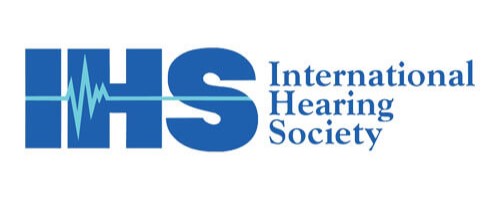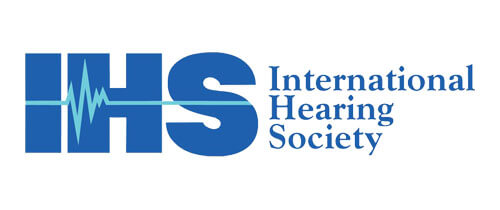In a world filled with conversations, those experiencing hearing difficulties often find it hard to keep up with what’s being said. They face a predicament — should they admit they have hearing loss, or pretend they can hear?
Pretending to hear might seem like a harmless evasion of a difficult conversation, but this act can have profound, long-term effects both on personal well-being and relationships with others. Let’s explore what happens when people choose to pretend to hear.
Avoiding Vulnerability
When faced with hearing loss, many individuals may feel embarrassed or vulnerable about changes in their hearing. This discomfort can lead them to smile, nod along, and act as if they’ve understood what was said, even when they haven’t heard a thing. The instinct to hide hearing impairment is a natural defense mechanism against appearing weak or incompetent. There is still a stigma around hearing loss, so people may choose to pretend to hear and avoid disclosing their hearing loss.
The Erosion of True Connection
One of the most significant consequences of pretending to hear is the gradual breakdown of genuine connection with family, friends, and colleagues. Misunderstandings can become commonplace, leading to frustration and distance in relationships that once thrived on clear communication. When someone pretends to understand, they miss the opportunity to engage authentically, making conversations feel shallow or one-sided.
The Effects of Social Isolation
Continually pretending to follow conversations can lead to withdrawal from social situations. The constant effort to guess what is being said is both exhausting and anxiety-inducing. Over time, the individual may start to avoid interactions, leading to social isolation and potentially exacerbating feelings of loneliness. This can also increase the risk of depression and other mental health concerns.
The Dangers of Misinformation
The ripple effect of not correctly hearing important information can be significant. In professional settings, it can result in missed deadlines or flawed work. In personal scenarios, critical information about health, safety, or matters of significance can be misinterpreted, posing genuine risks to health and safety.
Health Implications: More Than Just Missing Words
Pretending to hear isn’t purely a matter of social convenience; it can have serious health implications as well.
Mental Health Strain
The strain of pretending to hear is not only manifested in communication but also in mental health. The constant stress and anxiety of potentially misunderstanding conversations can contribute to a decline in mental health, potentially leading to issues such as depression or exacerbated stress.
Cognitive Overload and Fatigue
The mental gymnastics involved in piecing together snippets of conversations and non-verbal cues to make sense of interactions can lead to cognitive overload. This perpetual state of high alert is mentally exhausting and can lead to a state of chronic fatigue. It can also increase the risk of cognitive decline and dementia.
The Snowballing Effect on Hearing Loss
Pretending to hear can sometimes delay seeking medical advice or assistance. The longer hearing loss is left unaddressed, the more severe it can become, leading to a cascade of preventable hearing-related issues.
The Road to Acknowledgement
Recognizing and confronting hearing loss is a crucial first step toward a better quality of life. By getting a hearing assessment and exploring options such as hearing aids, individuals can take control of their auditory health.
Embracing Assistive Technology
Modern hearing aids and assistive listening devices have come a long way and can significantly improve hearing clarity. Using these technologies can transform the listening experience, enabling individuals to participate confidently in all aspects of life.
Advocating for Needs
Being open about hearing challenges makes it easier to advocate for your needs. You can ask others to be mindful of how they communicate to improve understanding. Simple adjustments, like facing the person while speaking or reducing background noise, can make a world of difference in mutual understanding.
Get Back to Better Hearing
Pretending to hear is a coping tactic with far-reaching implications. While it may shield you from temporary embarrassment, it can lead to profound social, emotional, and health consequences. By acknowledging hearing difficulties and seeking appropriate support, you can rebuild genuine connections, participate fully in life, and ultimately, hear the beauty of the world around you.
There is strength in vulnerability, and admitting the reality of hearing loss is the first step toward a solution. Hear and be heard; it’s worth it. Call today to book a hearing test.





